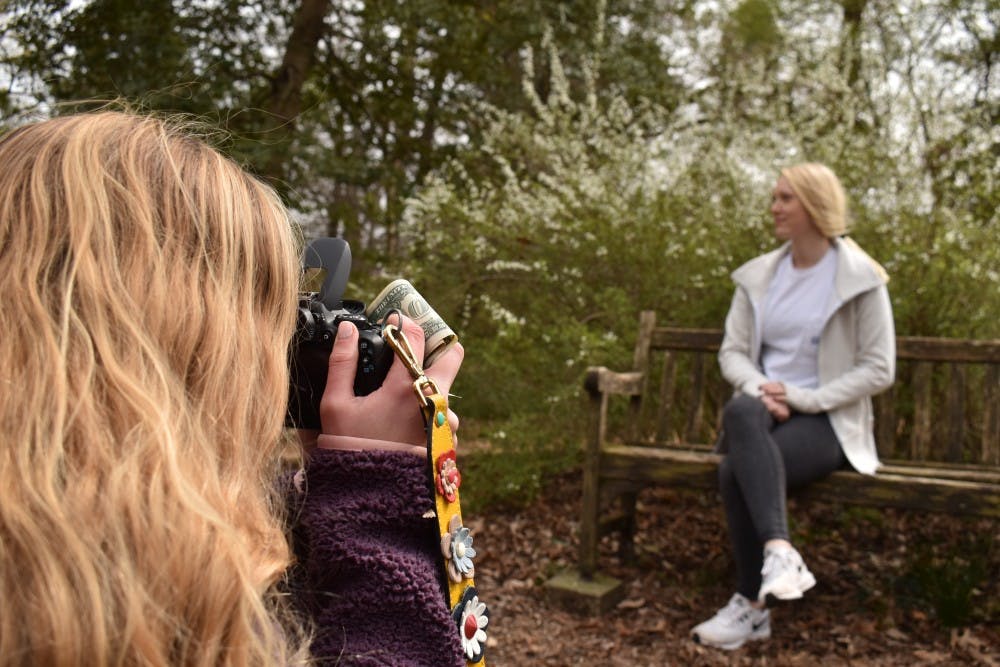“Can you sing at this event for me? I don’t have any money to pay you, but there’s going to be a lot of important people there, and it’ll be great for your networking.”
Kathryn Wagner, the associate director of Arts Everywhere, said that in her experience, an offer of exposure as a form of compensation went something like this.
"Exposure" often refers to the visibility of an artist or a work, measured by both the quality and quantity of the audience. For some artists, exposure offers opportunities for advancement and success, but for others, exposure is simply synonymous with not getting paid.
UNC professor Terence Oliver said that exposure, at its best, is having an artist’s talent recognized and having it recognized by those who would need the artist’s abilities to tell a story or spread a message. Oliver posits exposure as part of a quid pro quo.
For artists in the early stages of their career, gaining experience and an audience is necessary. When this form of exposure is offered, sometimes the artist must sacrifice financial compensation. Oliver, a motion and information graphics instructor and magazine designer in the Hussman School of Journalism and Media, said exposure must be balanced to where the artist gains experience and visibility, but isn’t taken advantage of.
“If you have a company that is established and you respect the work you’re getting, but you don’t have enough respect for the person to at least give them something, that's imbalanced,” Oliver said. “There should be some type of balance.”
Oliver’s advice to emerging artists today who are navigating this industry is to find a mentor to guide them.
“I think anybody who has any reservations with exposure and whether they feel like they are getting used or not or compensated properly, I think one of the most important things is to have mentors that you can reach out to,” Oliver said.
John DeKemper, a graduate of the MFA program at UNC, said he wishes exposure actually reflected art's true meaning in today’s art community. DeKemper said that in order to be successful, emerging artists need more people to see their work and understand what the artist does. When an artist is just starting out, the promise of exposure can be tempting.



